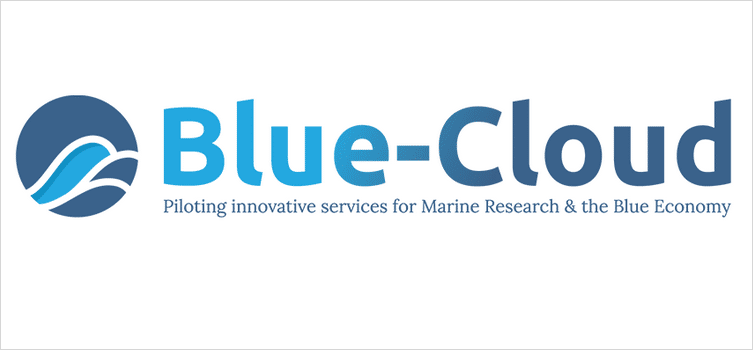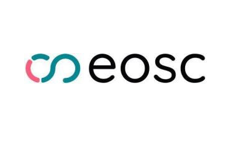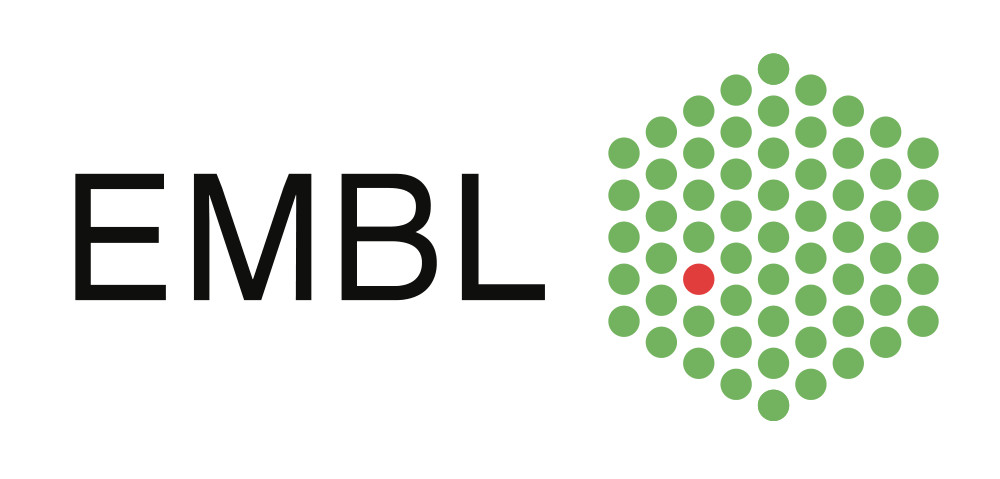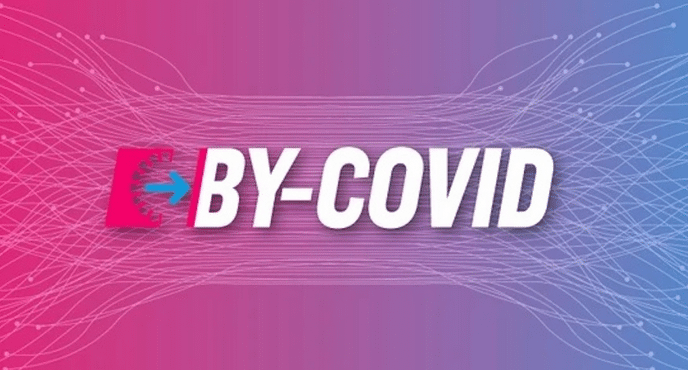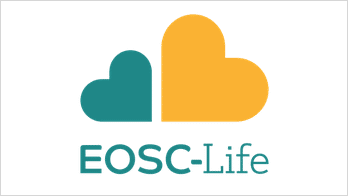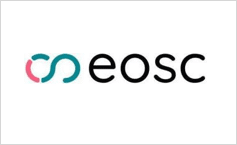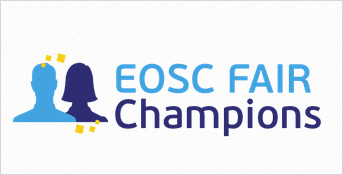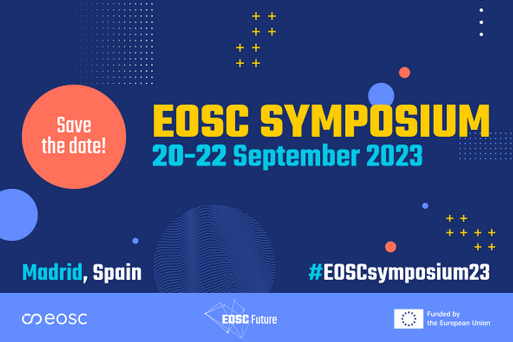EMBL has a decade-long history as a key provider of open and FAIR data and services for the life sciences and regards EOSC as the missing link between its own data resources and those data sets from other disciplines, which currently are not yet easily accessible.
Thus, EOSC can play an important role in the successful delivery of EMBL’s ambitious missions in the context of the new EMBL Scientific Programme and key initiatives such as Planetary Biology and others. Here, EOSC can help to provide seamless access to data and resources from other domains, including earth observation or environmental, marine and social sciences. Large amounts of data needed for the new Programme’s aspirations could not be brought together at a single institution, so the federated approach taken by EOSC is the right way forward to succeed in these ambitious aims.
Beyond the federation of data, EOSC will enable more effective coordination of existing and future research infrastructures and e-infrastructures at the European level with the opportunity to connect with major centres and national initiatives in the EMBL Member States and beyond. EOSC will strengthen EMBL’s role as a leading research infrastructure provider in the life sciences and beyond. The recent pandemic and the resulting Covid-19 Data Portal have shown that collaboration between EMBL, its Member States, the EC and other key international and national players can be activated very quickly and efficiently under the EOSC umbrella to engage and deliver on research data sharing and interoperability. Similar synergy effects can be expected in the future.
With EMBL’s advanced experience and long history in providing open access to FAIR data at a very large scale, there is also an opportunity for EMBL to act as a role model, to share its best practices with countries and stakeholders along the lines of EMBL’s core missions. Hence, this will allow EMBL to play a major role in setting standards and shaping this new landscape of cross-disciplinary access to data and services.
Under the EOSC umbrella, EMBL will be able to provide and also benefit from coordinated training, information and dissemination opportunities, particularly related to data science and FAIR data management.
